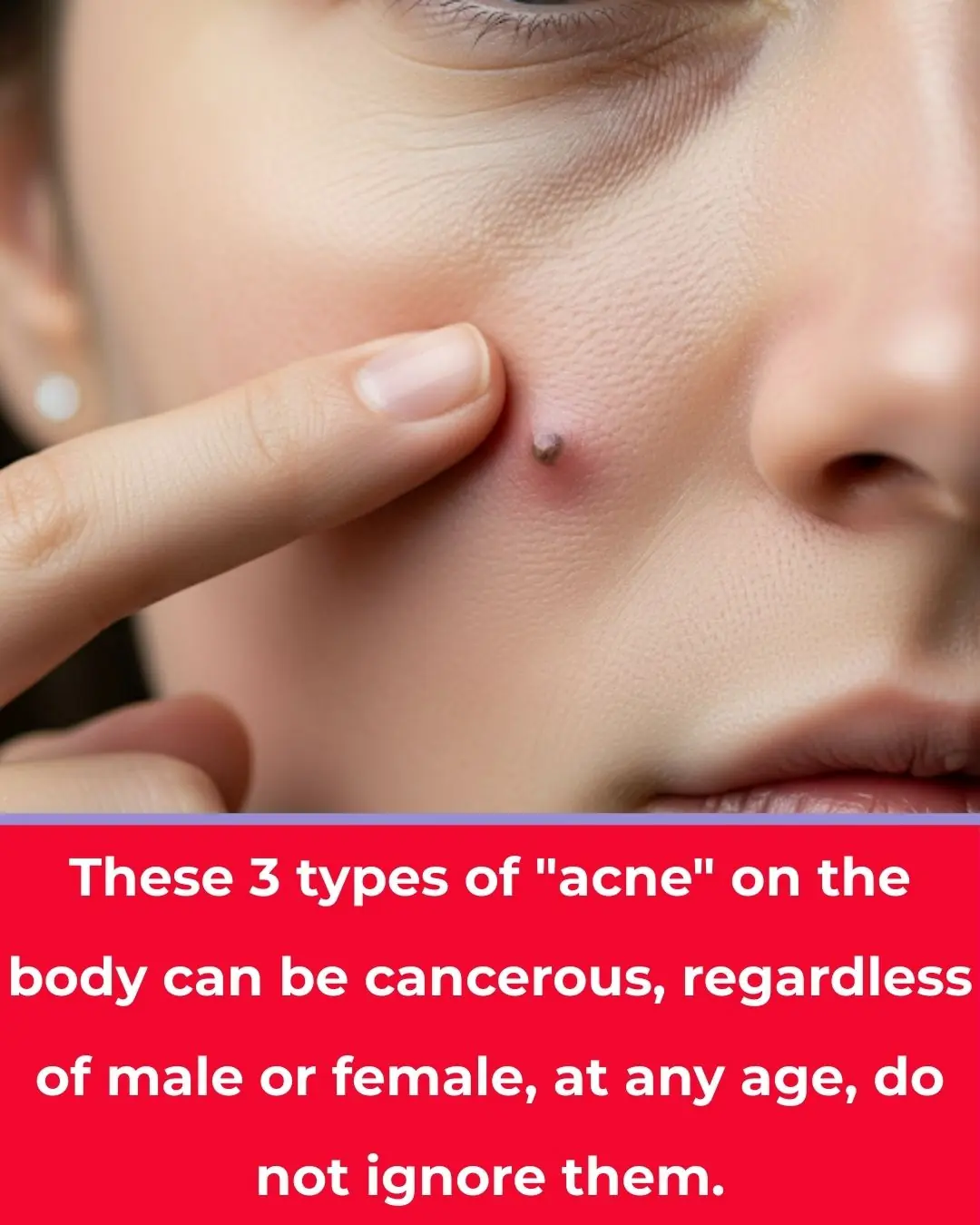
Could OTC Remedies Really Work for Depression?
Could OTC Remedies Really Work for Depression?
Depression is a widespread mental health condition that affects millions of people worldwide. While prescription medications like antidepressants have long been the standard treatment for depression, many people are turning to over-the-counter (OTC) remedies as a potential solution. But do these non-prescription treatments actually work, or are they just a temporary fix with little lasting effect?
Understanding OTC Remedies for Depression
Over-the-counter remedies for depression typically include supplements, herbal products, and other natural therapies that do not require a prescription. These products are often marketed as being natural or gentler alternatives to prescription antidepressants. Some of the most common OTC remedies for depression include:
-
St. John's Wort: This herb has been used for centuries to treat mood disorders, and several studies suggest it may be effective in alleviating mild to moderate depression. St. John's Wort is believed to work by increasing the levels of serotonin, a neurotransmitter that helps regulate mood.
-
Omega-3 Fatty Acids: Found in fish oil and certain plant-based sources, omega-3 fatty acids are known to support brain health and may help reduce symptoms of depression. Some studies suggest that omega-3s may have antidepressant effects, especially when combined with other treatments.
-
S-Adenosyl Methionine (SAMe): SAMe is a naturally occurring compound in the body that has been studied for its potential to treat depression. Some research indicates that SAMe may help improve mood and alleviate symptoms of depression, but more studies are needed to confirm its effectiveness.
-
Vitamin D: Low levels of vitamin D have been linked to depression, and some studies suggest that vitamin D supplementation may improve symptoms, especially in those who are deficient in this essential nutrient.
-
Probiotics: There is emerging evidence suggesting that gut health may be linked to mental health, including depression. Probiotics, which promote a healthy balance of gut bacteria, may help improve mood and alleviate symptoms of depression, although research is still in its early stages.
The Science Behind OTC Remedies
While some studies show promise, the evidence for the effectiveness of OTC remedies for depression is mixed. Most of the available research on supplements like St. John's Wort, omega-3s, and SAMe has been limited to smaller studies or trials with mixed results. For instance, St. John's Wort has been shown to help with mild depression, but its effectiveness for moderate to severe depression is still debated. Additionally, this herb can interact with other medications, including prescription antidepressants, which can lead to serious side effects.
Omega-3s and vitamin D have shown some potential benefits, but more large-scale, well-designed studies are needed to confirm their role in treating depression. Probiotics are still being studied, and while they may have an impact on mood, the research is not yet definitive.
Risks and Considerations
While OTC remedies may seem like a safer alternative to prescription medications, they are not without risks. Unlike prescription antidepressants, which are regulated by the FDA, OTC supplements and herbs are not subject to the same rigorous standards for quality and safety. This means that the potency and purity of these products can vary widely, and some may even contain harmful ingredients.
It's also important to note that OTC remedies are not a one-size-fits-all solution. While some individuals may experience relief from their symptoms, others may not find any benefit. Additionally, many of these treatments may take weeks or even months to show noticeable effects, and they may not be as effective for more severe cases of depression.
When to Seek Professional Help
For those experiencing significant or persistent depression, it’s crucial to seek professional help. OTC remedies may be effective for mild symptoms, but they should not be used as a substitute for professional treatment, especially in cases of moderate to severe depression. Prescription medications, therapy, or a combination of both are often the most effective approach to managing depression.
In some cases, OTC remedies may be used as a complementary treatment to prescription medications or therapy, but this should always be done under the guidance of a healthcare provider.
Conclusion
OTC remedies for depression, including supplements and herbal treatments, may offer some benefit, particularly for those with mild depression. However, the scientific evidence supporting their effectiveness is still inconclusive, and they may not be sufficient for more serious cases. It's essential for individuals with depression to approach these treatments with caution and to consult a healthcare professional before making any changes to their treatment plan. Ultimately, the most effective way to manage depression is through a comprehensive treatment plan tailored to the individual's needs, which may include a combination of medication, therapy, and lifestyle changes.
News in the same category

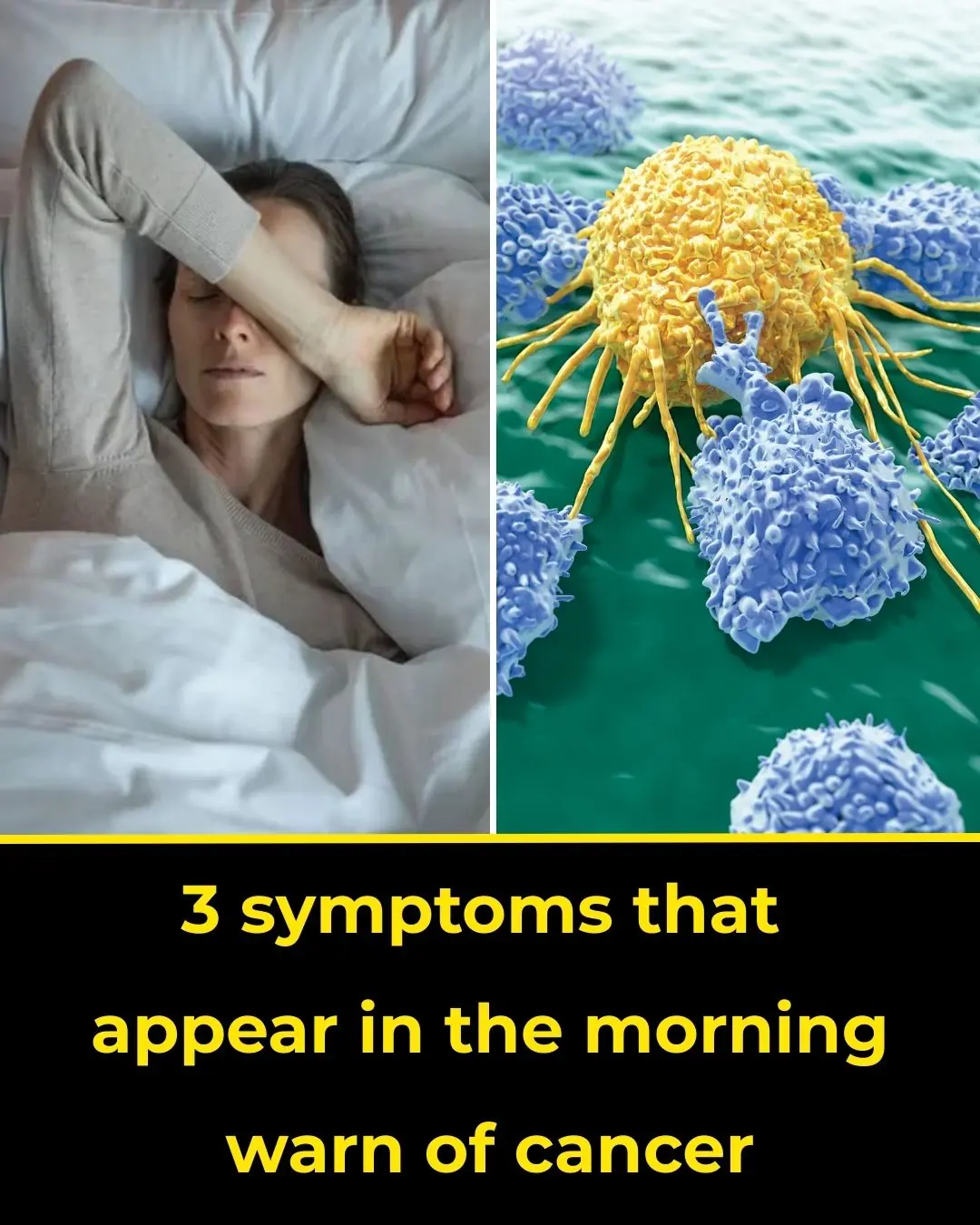
🌅 Three Morning Symptoms That Could Be Early Warning Signs of Cancer

Woman shares ’embarrassing’ symptoms she regrets hiding from doctors as she’s diagnosed with incurable cancer

They say the eyes are the windows to the soul — but what about the mind’s eye?
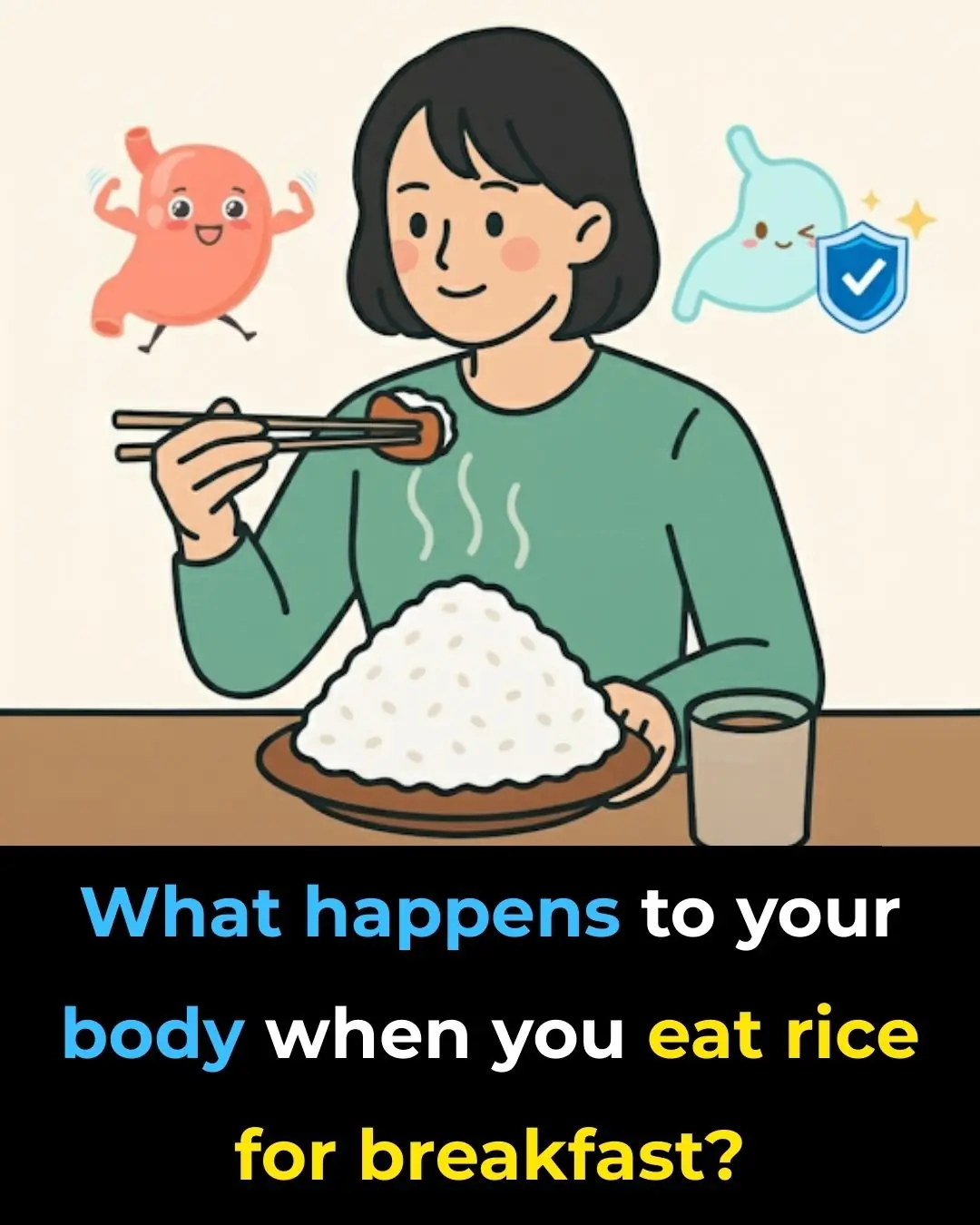
Should You Eat Rice for Breakfast

Japan has a Lower Rate of Breast Cancer than the U.S. – This Nutrient Makes the Difference
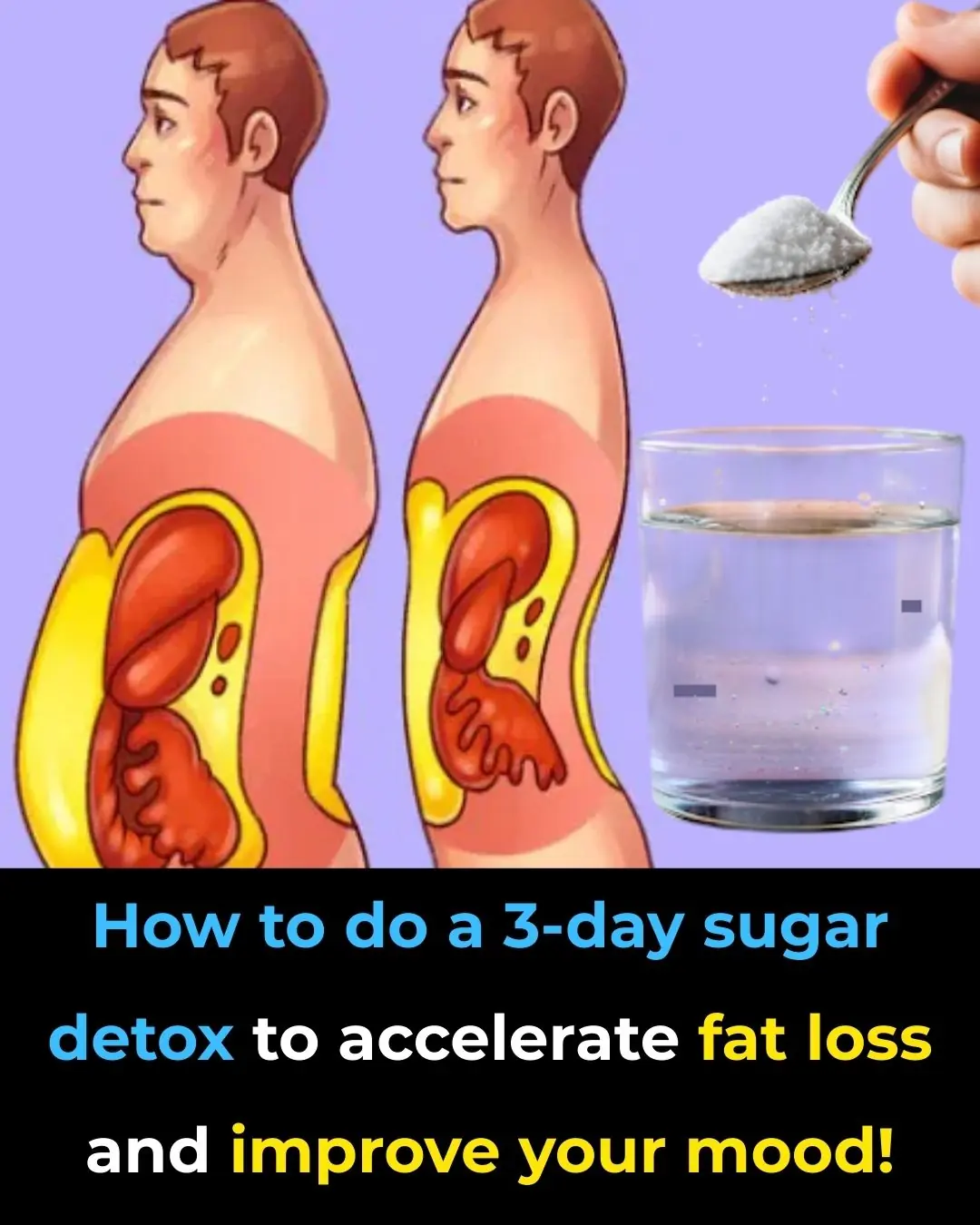
How To Do a 3-Day Sugar Detox to ACCELERATE Fat Loss And Improve Your Mood!
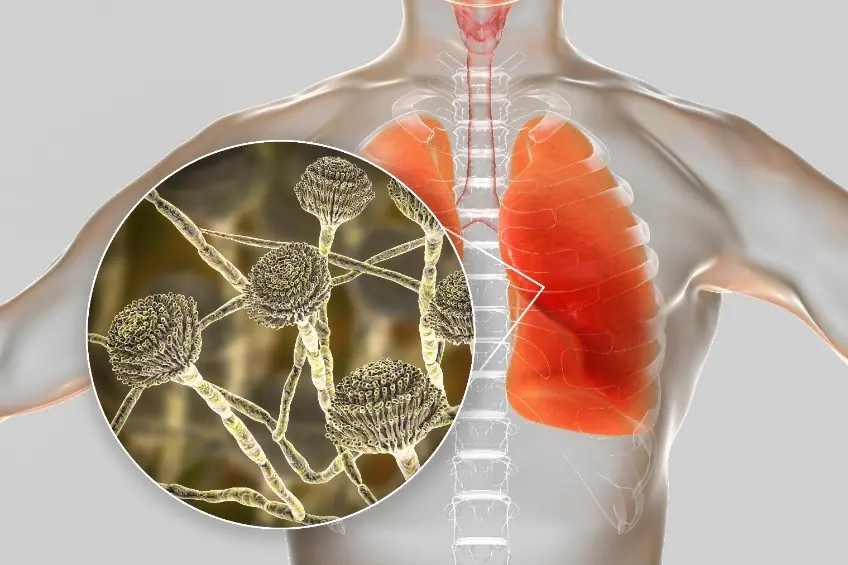
10 Early Warning Signs You're Being Exposed to Mold Toxicity
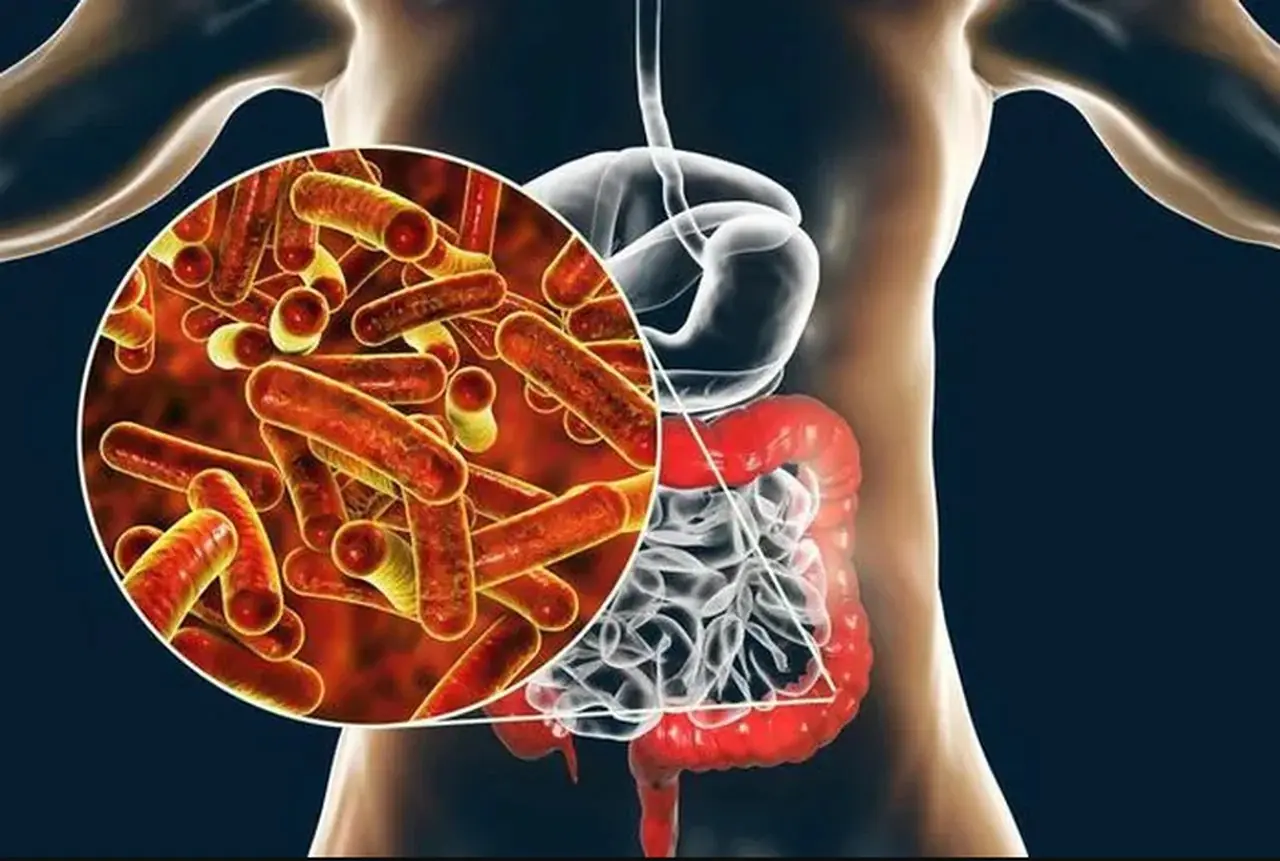
The Ten Foods You Should Start Eating Now to Cleanse Your Colon
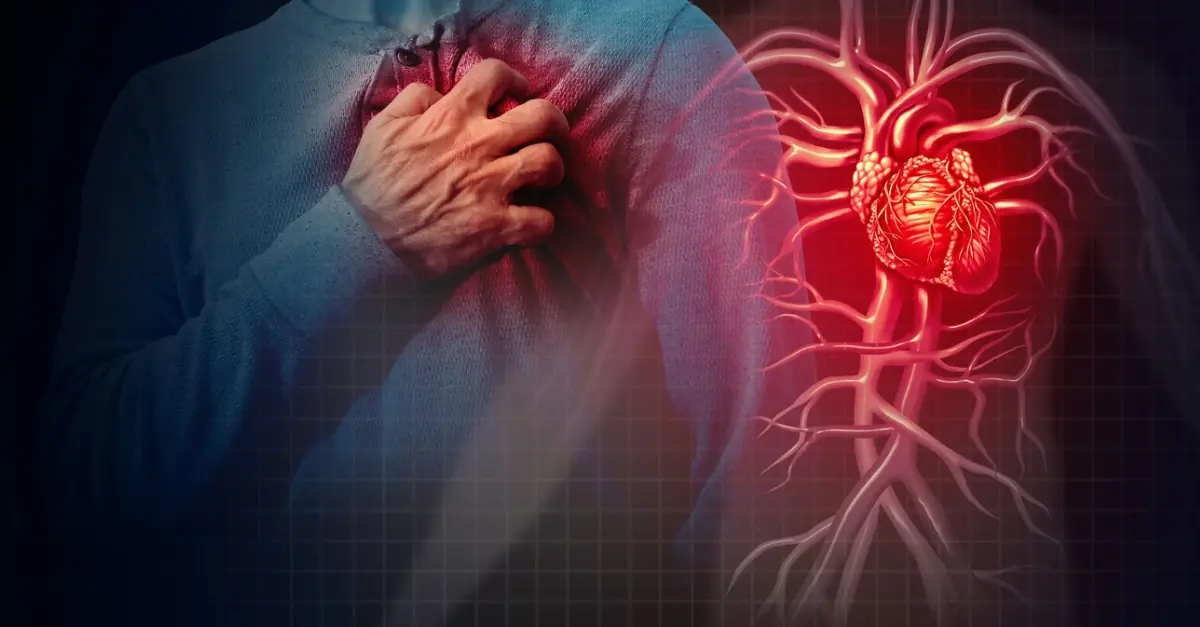
Stop Doing These Habits and Prevent 80% of Heart Attacks
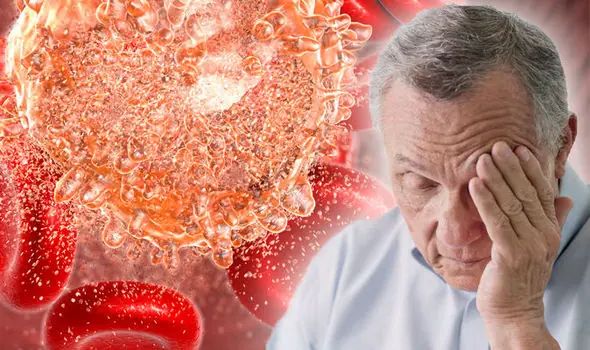
3 Early Morning Symptoms That Could Signal Cancer
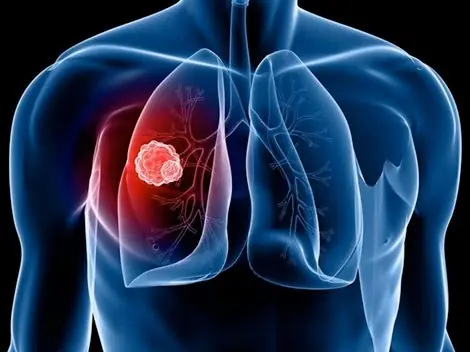
If You Notice These 7 Symptoms, Get Checked for Lung Cancer Immediately

A Man Dies After Eating Leftovers: 5 Foods You Should Never Eat as Leftovers
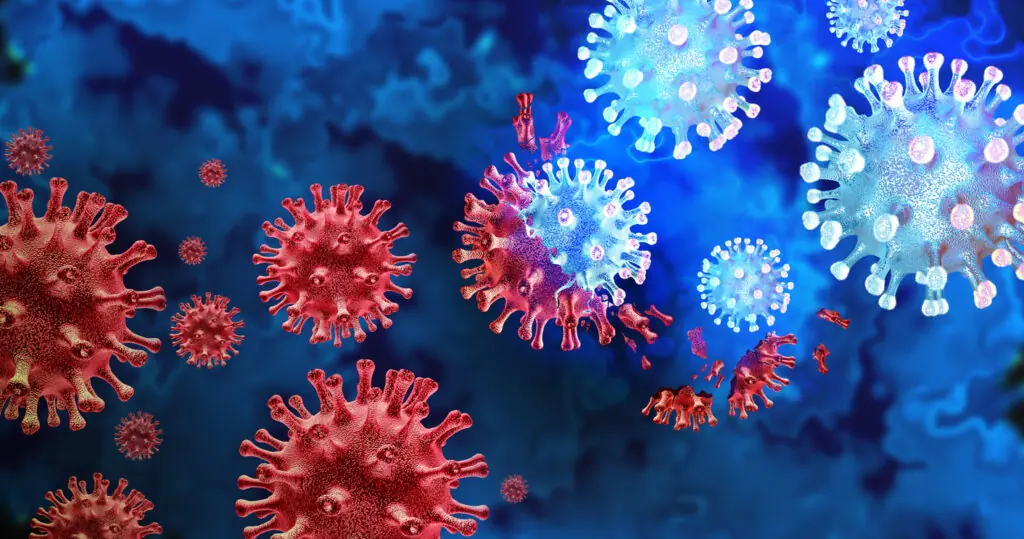
10 Warning Signs of an Autoimmune Disease and How to Reverse It
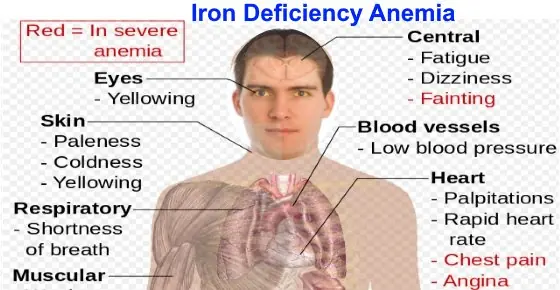
Top Signs of Iron Deficiency and How To Increase Iron Levels In Your Blood

How to Get Rid of Worms in Humans (Including Parasite Cleanse Diet)
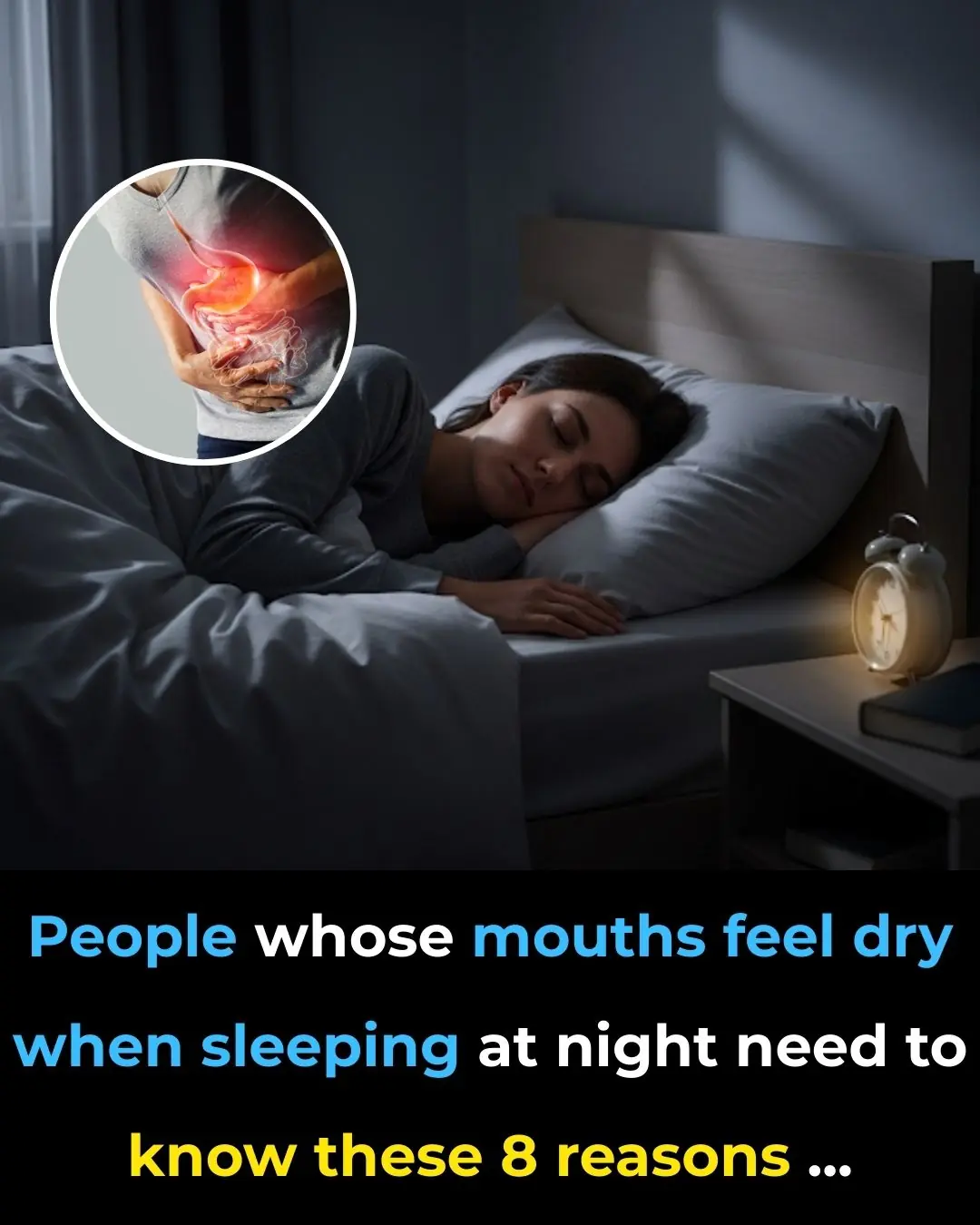
Why You Might Be Waking Up With a Dry Mouth
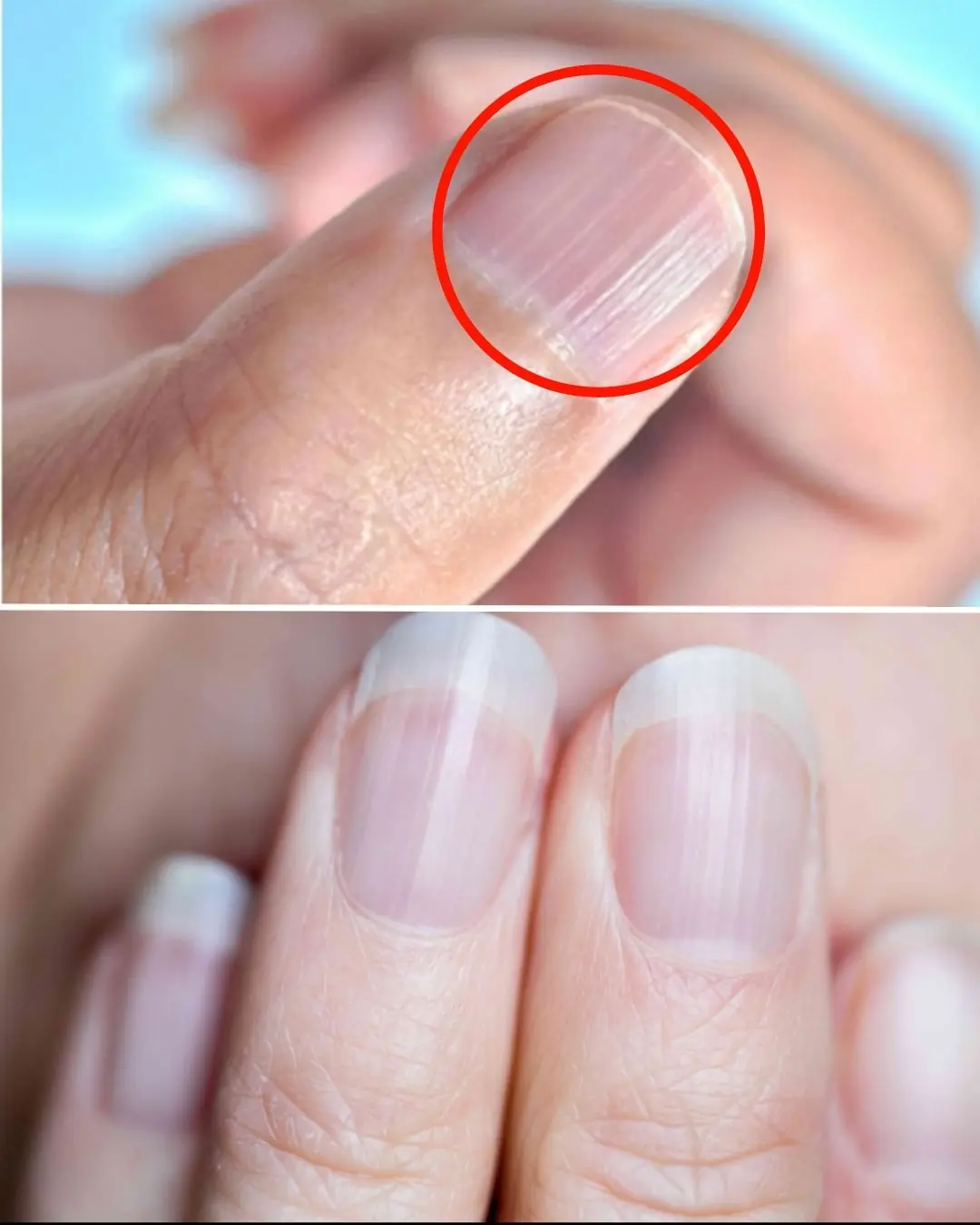
What Do Vertical Nail Ridges Mean After 40
News Post

Seniors: Take This for 5 Nights and See What Comes Out in Your Stool!
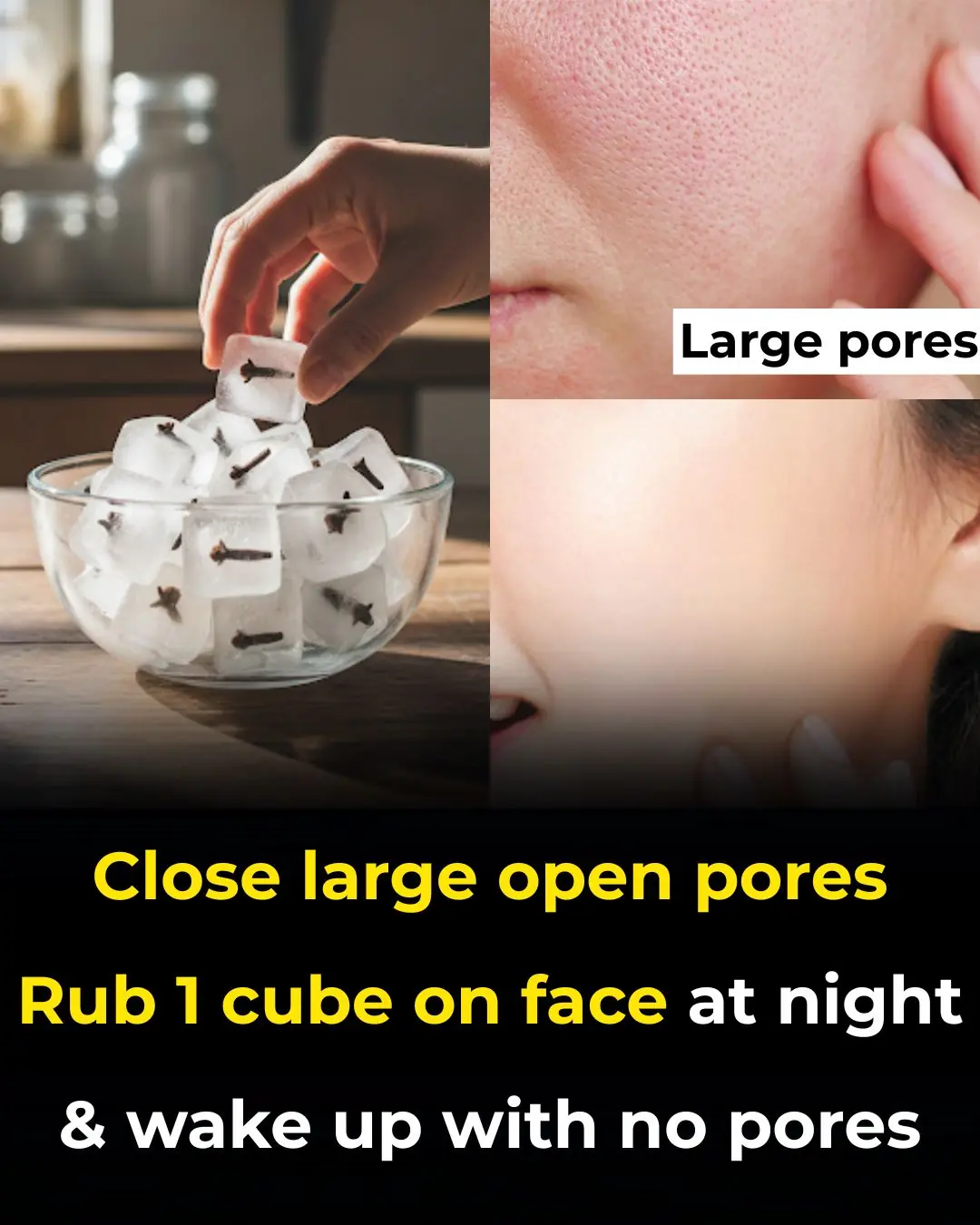
Clove benefits for Skin – Clove Oil, Clove Gel & Clove ice cubes

The Surprising Benefits of Overnight Tea: A Wasteful Habit You Might Not Know About

How to Clean Limescale Off Your Faucet in Just 25 Seconds with a Simple Trick

How to Clean Your Air Conditioner Easily in Just 15 Minutes — No Technician Needed, Even Women Can Do It Effortlessly

How to Keep Your Non-Stick Pan as Good as New for 3 Years: Simple Tips and Tricks

Using Electric Kettles to Boil Water: 9 Out of 10 Households Make This Mistake — Remind Your Loved Ones to Fix It Early

These 3 types of “acne” on the body could be cancerous; whether male or female, no matter the age, don’t ignore them.

Why Some People Can’t Handle Spicy Food

The hidden meaning of thumb rings: what they represent for women vs. men

The Small Hole on the Sink: A Feature You Never Knew You Needed

🌅 Three Morning Symptoms That Could Be Early Warning Signs of Cancer

Woman shares ’embarrassing’ symptoms she regrets hiding from doctors as she’s diagnosed with incurable cancer

Concerned Woman: Beware of Abandoned Prams on Roadsides!
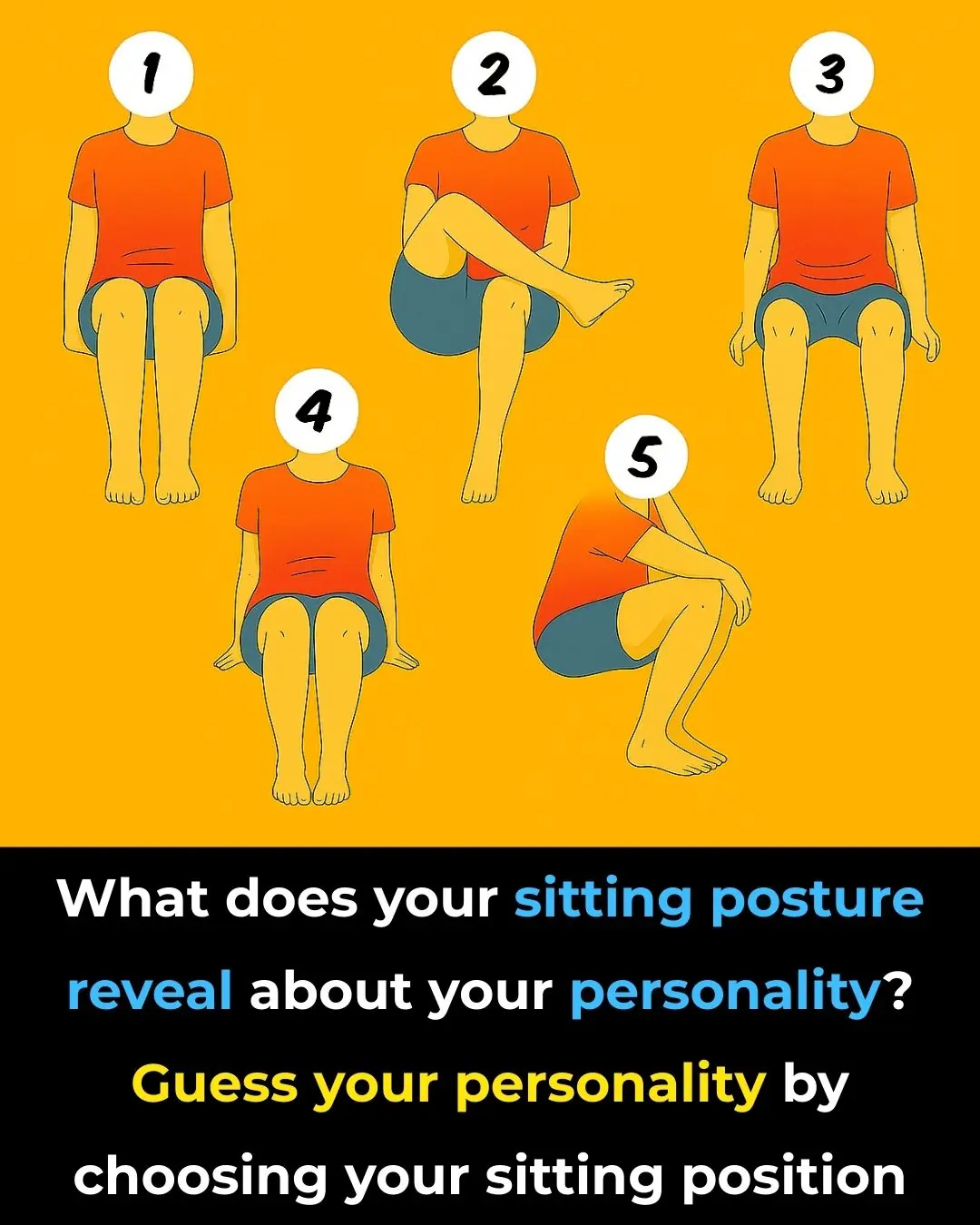
Your Character According to Your Sitting Style

They say the eyes are the windows to the soul — but what about the mind’s eye?

Should You Eat Rice for Breakfast

Japan has a Lower Rate of Breast Cancer than the U.S. – This Nutrient Makes the Difference

How To Do a 3-Day Sugar Detox to ACCELERATE Fat Loss And Improve Your Mood!
